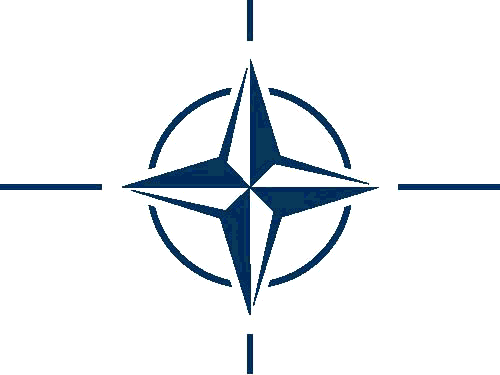

Release M-NAC-D- 1(98)77
11 June 1998
Statement on Kosovo
Issued at the Meeting of the North Atlantic Council1.We are deeply concerned by the situation in Kosovo which has deteriorated seriously in recent days. Reports have indicated a new level of violence on the part of the Serb security forces. We condemn any use of violence for political ends by either the authorities in Belgrade or Kosovar Albanian extremists. We are particularly concerned by the number of refugees and displaced persons.
2.We call upon all parties to avoid actions which prolong the violence. NATO continues to support a political solution which brings an end to the violence, provides an enhanced status for Kosovo, preserves the territorial integrity of the Federal Republic of Yugoslavia, and safeguards the human and civil rights of all inhabitants of Kosovo, whatever their ethnic origin. On this basis, we intend to contribute to the response of the international community.
3.NATO also remains determined to contribute to efforts promoting stability and security in neighbouring countries, with particular emphasis on Albania and the former Yugoslav Republic of Macedonia. In this regard, we support the continuation of UNPREDEP following the end of its current mandate and reviewed the progress made in implementing the measures agreed by Foreign Ministers in Luxembourg to enhance and supplement PfP activities in the two Partner countries.
4.We reviewed the serious security situation, drawing also on a report from the assessment team which is currently in Albania and the former Yugoslav Republic of Macedonia. Against this background, we, as Defence Ministers, took the following additional decisions :
• We directed the NATO Military Authorities, subject to the agreement of the governments of Albania and the former Yugoslav Republic of Macedonia, to conduct an appropriate air exercise in these two countries as quickly as possible, with the aim of demonstrating NATO's capability to project power rapidly into the region.
• We directed the NATO Military Authorities as soon as possible to assess and develop for further Council consideration and decisions as appropriate a full range of options with the mission, based on the relevant legal basis, of halting or disrupting a systematic campaign of violent repression and expulsion in Kosovo; supporting international efforts to secure the agreement of the parties to a cessation of violence and disengagement; and helping to create the conditions for serious negotiations toward a political settlement. The study will give priority to options which are effective and readily available. Together with the measures already commissioned in Luxembourg, these new options should also contribute to preventing spillover of violence into neighbouring states.
5.We also decided to accelerate the provision of advice mandated by NATO Foreign Ministers on possible support for UN and OSCE monitoring activity and on possible NATO preventive deployments in Albania and the former Yugoslav Republic of Macedonia, on a relevant legal basis; agreed the details of the PfP exercise to take place in Albania in August; and we recommend that the Euro-Atlantic Disaster Response Coordination Centre support the UNHCR and other international organizations by the coordination of national humanitarian assistance.
6.We will use the occasion of tomorrow's meetings of the NATO-Russia Permanent Joint Council, the NATO-Ukraine Commission and the Euro-Atlantic Partnership Council to consult with our Partners on measures being undertaken. NATO is also consulting directly with the governments of Albania and the former Yugoslav Republic of Macedonia.
7.NATO will continue to monitor closely the situation in and around Kosovo. We are determined to play our part as Defence Ministers in helping to achieve a resolution of the conflict by the international community and in providing stability and security in the region.